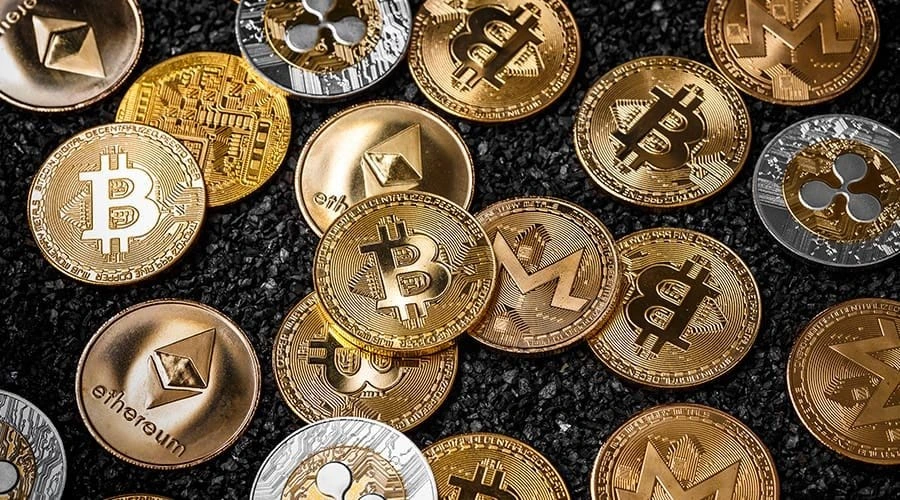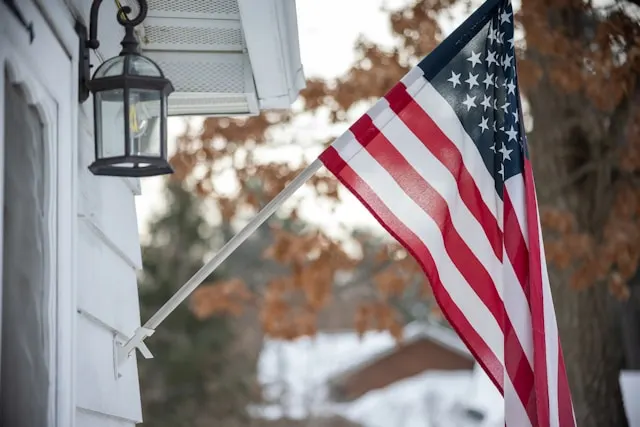PROTECT YOUR DNA WITH QUANTUM TECHNOLOGY
Orgo-Life the new way to the future Advertising by AdpathwayBrazil’s government recently announced a primary budget surplus of almost R$20 ($3.6) billion for the year ending in May 2025. This means the country collected more money than it spent on government programs, before paying interest on its debt.
The government also managed to cut its spending by 3% compared to the previous year. Officials, including Treasury Secretary Rogério Ceron, say these results show that Brazil is working hard to keep its finances in order.
In April 2025 alone, the surplus reached R$17.8 billion, and for the first four months of the year, the total surplus more than doubled compared to the same period in 2024.
However, Brazil’s overall public debt is still growing. The country’s debt is now 76.2% of its total economic output (GDP), and it could get even higher by the end of the year.
This is a concern because the government must use a large part of its budget—7.76% of GDP—just to pay interest on what it owes. That leaves less money for important services like healthcare, education, and infrastructure.
 Brazil’s Budget Surplus Grows in May, But Debt and Spending Remain Big Challenges. (Photo Internet reproduction)
Brazil’s Budget Surplus Grows in May, But Debt and Spending Remain Big Challenges. (Photo Internet reproduction)Most of the government’s spending is locked in by law. Over 90% of the budget goes to things like pensions, social benefits, and healthcare. This makes it hard for the government to cut costs or invest in new projects.
Brazil Takes Short-Term Steps to Ease Fiscal Pressure
The government has also delayed some court-ordered payments, known as precatórios, to help manage its cash flow, but these bills will eventually need to be paid.
To help balance the budget, the government has frozen some spending and raised certain taxes, like the Financial Transactions Tax (IOF). These steps help for now, but experts warn they are not enough to solve the bigger problem.
Without bigger changes, Brazil’s debt could keep rising and eventually reach unsustainable levels. In summary, Brazil has made progress by tightening spending and increasing its surplus, but the country still faces serious long-term risks.
High debt and strict spending rules limit what the government can do. Business leaders and investors are watching closely to see if Brazil will make the tough changes needed to keep its finances healthy in the future.


 2 weeks ago
6
2 weeks ago
6










 English (US) ·
English (US) ·  French (CA) ·
French (CA) ·  French (FR) ·
French (FR) ·